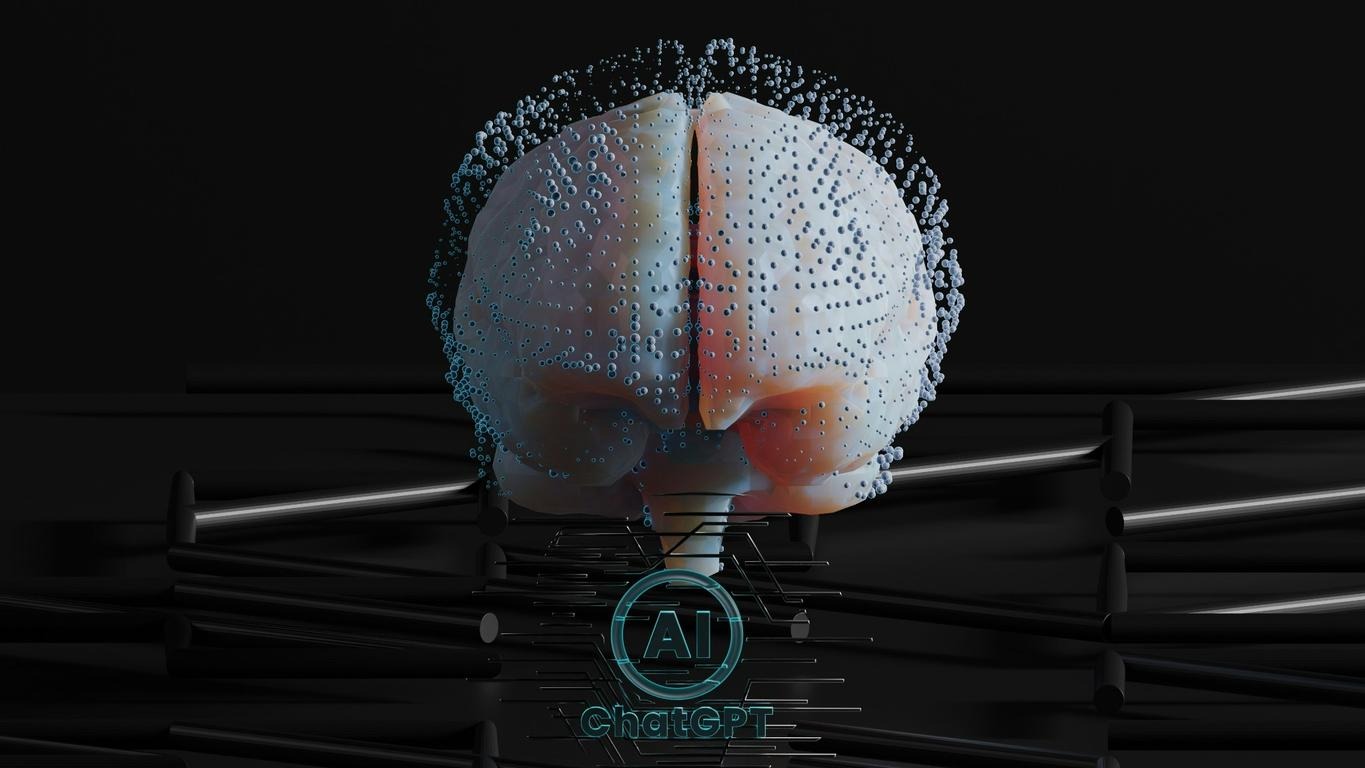
The Rising Importance of AI in Business
The rapidly evolving world of artificial intelligence is no longer a distant concept but a present-day reality impacting businesses across all sectors. The recently published 2025 Stanford AI Index Report offers crucial insights that every business leader should consider as they navigate this technological landscape. Understanding these takeaways can ensure that CEOs, CTOs, and other leaders not only keep pace but also stay competitive in what's becoming an increasingly digitized economy.
1. Little Giants: Smaller AI Models Are Now Cost-Effective
One of the most remarkable findings from the Stanford report is the reduction in size and cost of large language models (LLMs). From a massive 540 billion parameters in 2022, models like Microsoft's Phi-3-mini have come down to just 3.8 billion parameters while still achieving impressive benchmarks. In light of this, businesses can now consider developing bespoke AI solutions without incurring exorbitant costs.
This presents a great opportunity, especially for small and medium-sized enterprises, to harness their own data and enhance operational efficiencies. However, the challenge remains in finding skilled developers who can implement these solutions effectively.
2. A Growing Concern: Problems with AI
Interestingly, the report also noted a troubling 56.4% rise in AI-related incidents, including alarming new risks such as deepfake technology exploitations and ethical considerations surrounding chatbot interactions. For business leaders, this indicates the pressing need for a careful and responsible approach to AI integration.
As we leverage these tools to enhance productivity and make informed decisions, it is critical to maintain ethical standards. The rise in incidents serves as a reminder to prioritize responsible AI practices within executive AI strategy discussions.
3. The Future of Work and AI Integration
There’s no denying that AI is reshaping workplace dynamics. For instance, AI-driven solutions are altering hiring paradigms, influencing talent acquisition significantly. The reliance on machine learning in recruitment processes allows for enhanced precision but also raises questions about biases inherent in AI systems.
According to emerging trends, businesses must adapt their hiring practices to remain inclusive and effective. Navigating potential pitfalls will require not just adopting technology but doing so with a well-defined strategy that incorporates ethical AI considerations.
4. Driving Digital Transformation
The advancement of automation and AI technologies is central to the ongoing digital transformation journey. Companies must embrace this shift, integrating AI tools that drive decision-making processes and optimize operations.
With companies focusing on automation in business processes, it’s essential to look for productivity tools powered by AI that align with broader business goals. Such tools enhance performance and ultimately contribute to greater economic output.
5. Conclusion: Stay Informed, Stay Ahead
The insights from the 2025 Stanford AI Index Report act as a compass in navigating the fast-paced AI advancements. For business leaders, remaining informed about artificial intelligence trends, understanding ethical implications, and strategically integrating these technologies is crucial. As AI continues to evolve, so must our strategies to leverage its potential fully.
In today's world where tech-driven decisions are paramount, the best course of action is to proactively elevate your AI knowledge and continuously refine your approach to harness its capabilities effectively.
 Add Row
Add Row  Add
Add 




Write A Comment